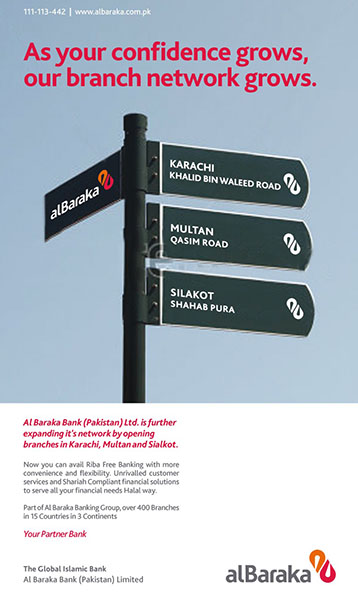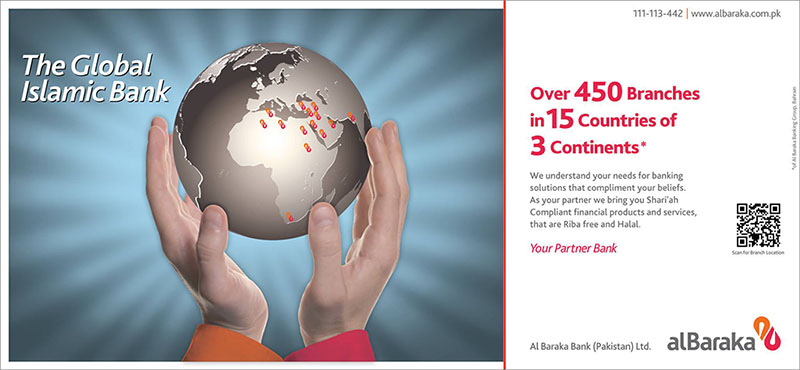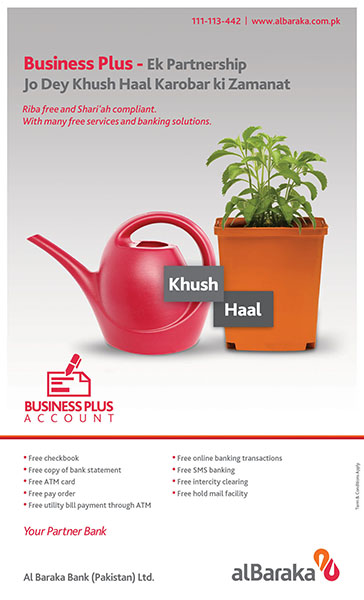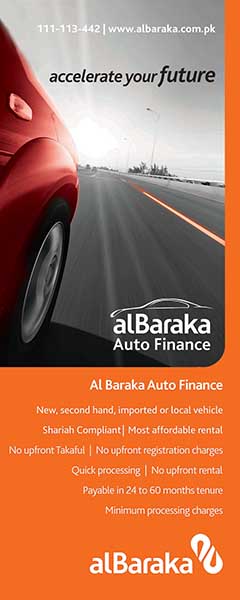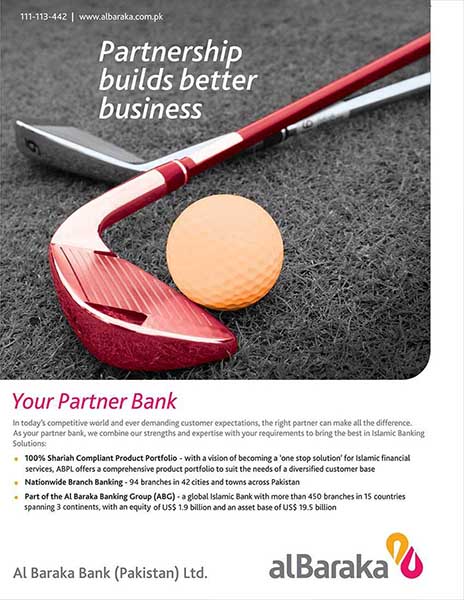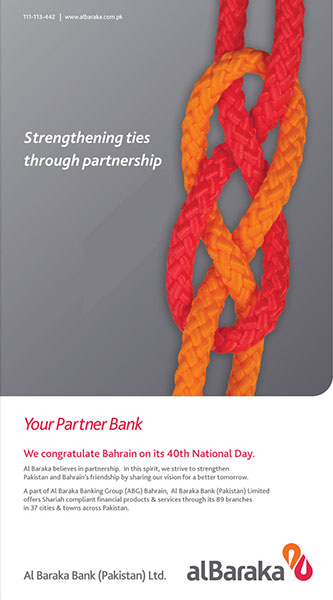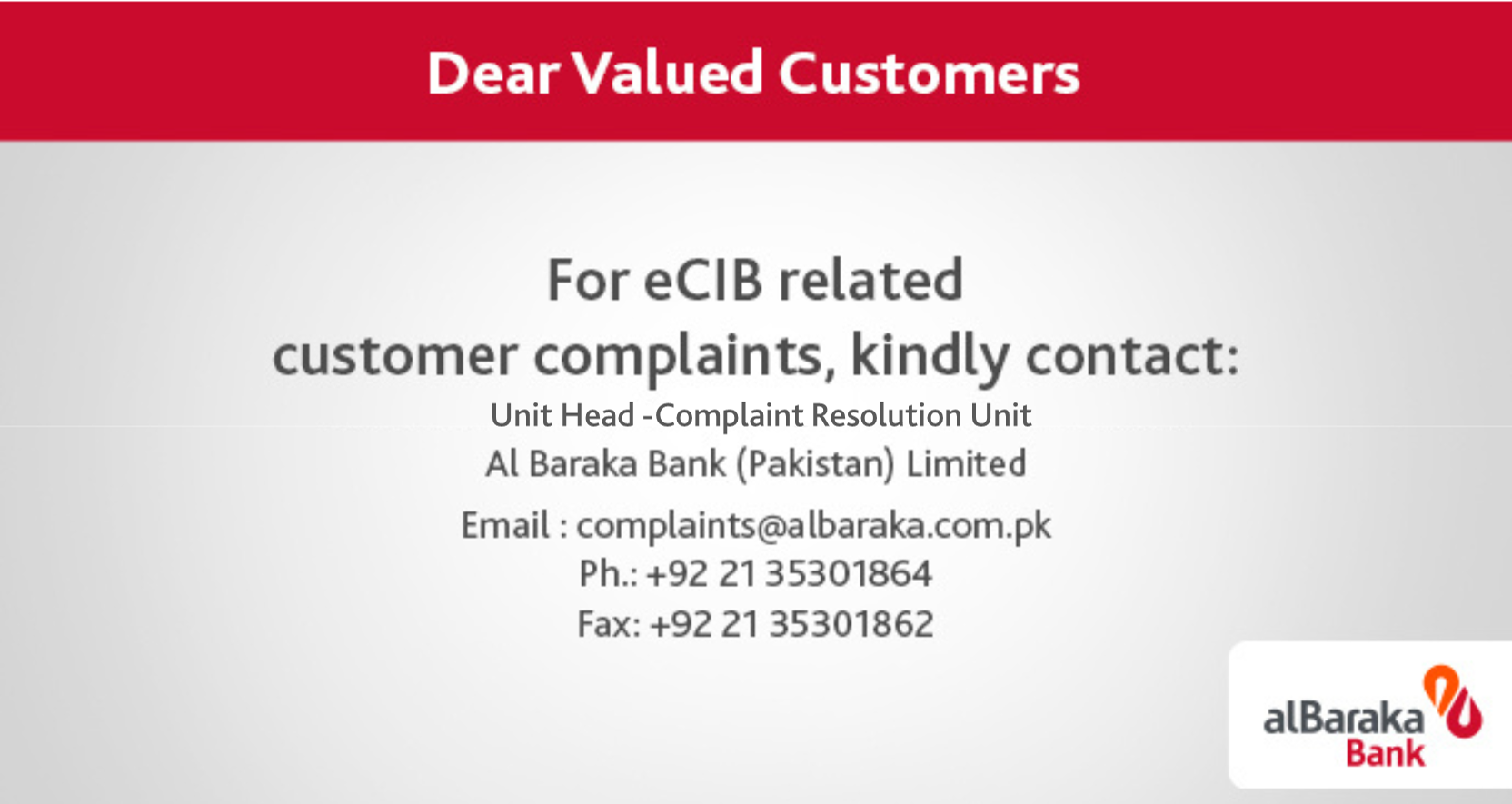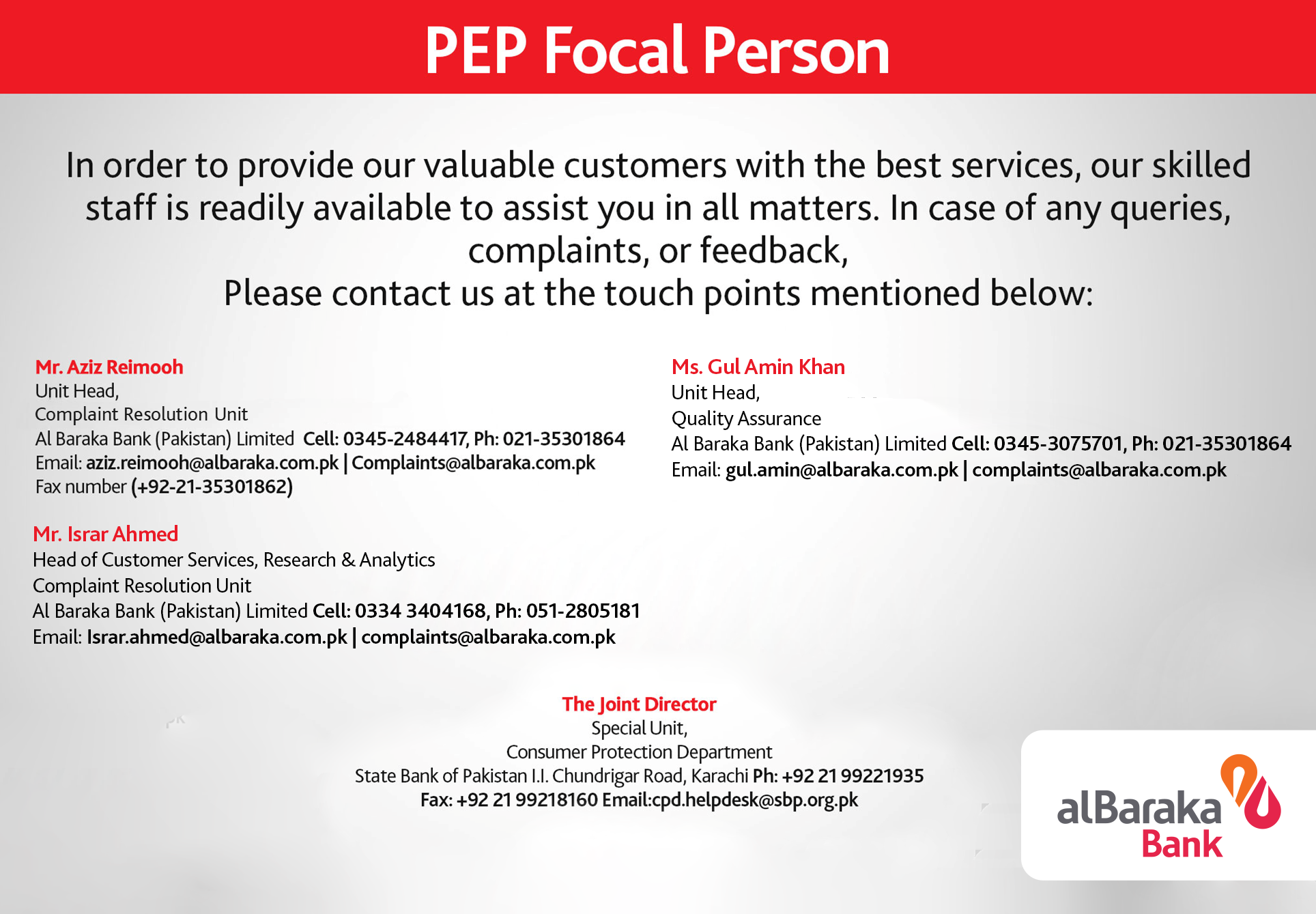
A lack of standardisation and different interpretations of Sharia-compliance have also been impediments to growth. It is clear that Islamic banks need to look for new opportunities to diversify their revenue streams and asset portfolios. As more and more conventional banks are now discovering, the Small and Medium Enterprise (SME) sector provides a huge opportunity for increasing profitability and diversifying risks.
Widely recognized as engines of economic growth, SMEs are key contributors to sustainable gross domestic product (GDP) in all countries, including those in Mena. These businesses operate predominantly in the manufacturing and service sectors, creating employment opportunities for both skilled and unskilled workers. Less well known is that a large number of SMEs, especially in the Middle East and North Africa (Mena) region, would prefer to deal with Islamic banks rather than conventional ones. These SMEs are often unable to access banking services, since few Islamic banks have stepped up to the challenge of catering to their needs. Lack of access A recent study commissioned by the International Finance Corporation in nine Mena countries (including Pakistan), which together comprise more than 90 per cent of Islamic banking assets in the region, highlights this huge demand for Islamic banking products and services by SMEs. According to the study, approximately 32 per cent of formal SMEs in Mena (about 1.5 million businesses) remain excluded from the formal banking sector because of a lack of Sharia-compliant products. While the study reiterates several of the now well-researched and documented reasons for lack of access to finance for SMEs, it also reveals a gap of between $8.63 billion to $13.20 billion for Islamic SME financing, and a corresponding deposit potential of $9.71 billion to $15.05 billion across these countries.
This potential is a “new to bank” funding opportunity that is still untapped, as Islamic banks and other financial institutions lack adequate focus on this segment to offer Sharia-compliant products. The study also reveals that the majority of Islamic banks are currently unprepared to take advantage of this opportunity. On an aggregate, SME offerings by Islamic banks stand at 17 per cent, compared to 36 percent by other banks. This indicates that the majority of Islamic banks are not offering Islamic SME products, either because of a perception of high risk or an unclear business strategy. There are also lapses with regard to the branding or marketing of SME products, since most SMEs are unaware of the availability of such products from their banks. As a result, Islamic banks have clearly been unable to service the SME sector effectively in these countries. With the right focus, processes, products and services, it is possible for Islamic banks to take advantage of this huge potential. With a number of banks globally failing to sustain SME banking operations because of a lack of preparation, however, it’s vital to ensure that they develop proper capacity first. To build effective and sustainable SME banking operations, Islamic banks will need to do the following:
Adopt specific market segmentation approaches to be able to better understand the market dynamics, quantify the business opportunity, build appropriate propositions, and deploy the optimal operating/business model.
Broaden product and service offerings by developing product programmes, and providing non-borrowing services, such as cash management, payroll management, payments, collections, and trade finance solutions.
Design SME banking models and tailored customer value propositions to target SMEs.
Leverage IT and use mobile banking and other alternate channels to enhance financial inclusion and reduce the cost of delivery and administering an account.
Streamline/realign their transaction execution processes to make the execution of Islamic transactions easier for SMEs.
Provide SMEs with advisory services to aid and facilitate their creditworthiness and bankability.
Incorporate appropriate credit evaluation techniques (such as behavioural scoring, credit scoring, and cash flow and programme-based lending) and build stronger early warning systems and collections frameworks to target and manage SMEs better, price products more effectively, and reduce risk exposure.
Streamline credit approval processes and focus on building relationships with SMEs (existing and prospective customers), which would ensure quick delivery of credit. Once Islamic banks have put in place the requisite infrastructure and capabilities, there is little doubt that the SME sector will be able to provide them with a profitable and sustainable revenue stream. Writer is IFC Head of Bank Advisory Services for the Middle East and North Africa. IFC is a member of the World Bank Group."





